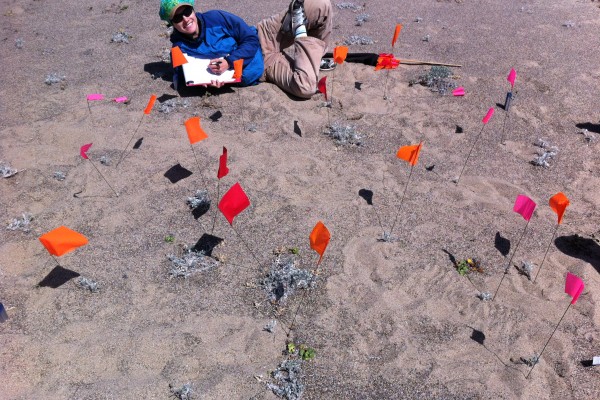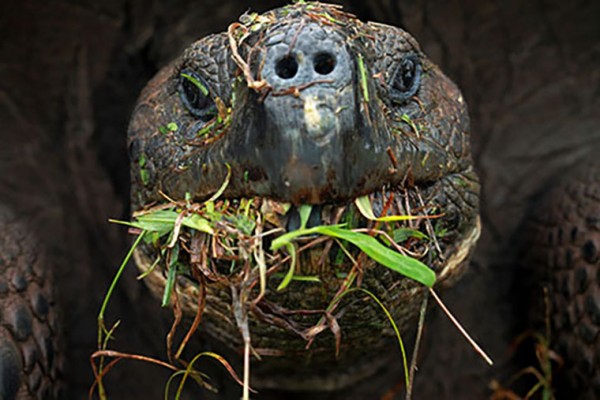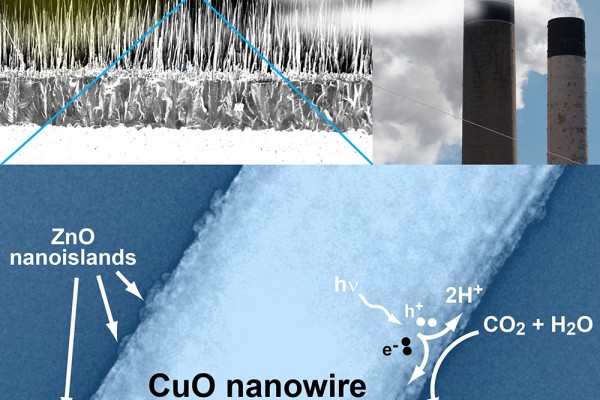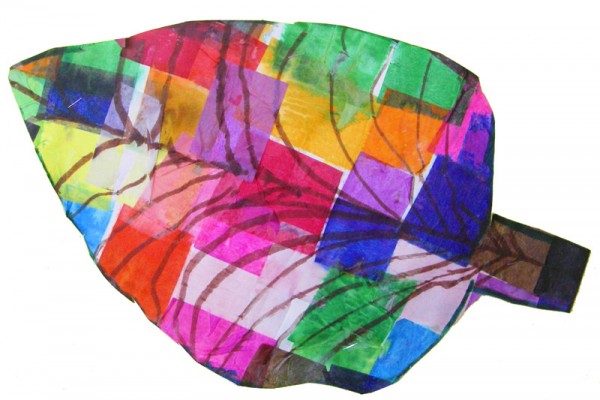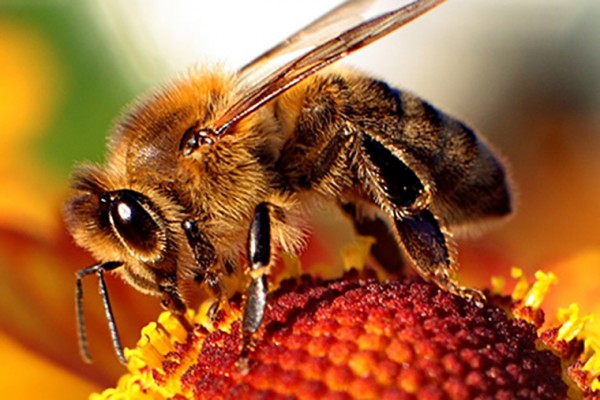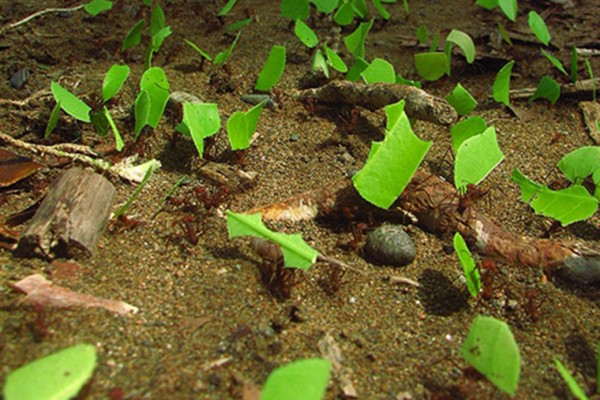Rare dune plants thrive on disturbance
A demographic study of two endangered plants at Point Reyes National Seashore north of San Francisco shows that they favor recently disturbed open areas over areas that have established plant cover. The study strengthens the case for removing the beachgrass originally planted to stabilize the dunes and allowing the sand to move in response to storm surges and strong tides.
Locusts provide insight into brain response to stimuli, senses
By training a type of grasshopper to recognize odors, a team of biomedical engineers at Washington University in St. Louis is learning more about the brain and how it processes information from its senses.
Endangered tortoises thrive on invasive plants
Introduced plants make up roughly half the diet of two subspecies of
endangered tortoise, field research in the Galapagos reveals. Tortoises seem to prefer non-native to native plants and the plants may help them to stay well-nourished during the dry season.
Researchers find less expensive way to convert carbon dioxide
A collaboration of researchers at Washington University in St. Louis and Korea University used copper oxide nanowires as a catalyst to convert carbon dioxide into carbon monoxide, which can then be used as a feeder material to create plastics and higher-carbon polymers. The reduction of carbon dioxide is a very energy-intensive process, so the researchers have developed a method to tap solar energy to allow the conversion.
Pick a color, any color
A small team of chemists, having learned the secrets of light absorption from chlorophylls a and b, can now tune molecules to absorb anywhere in the solar spectrum. They are using this facility to synthesize pigments that fill gaps in the sunlight absorbed by native pigments and to push deeper into the infrared than any native pigment.
High-tech method allows rapid imaging of functions in living brain
Using a new high-speed, high-resolution imaging method, Lihong Wang, PhD, and his team at Washington University in St. Louis were able to see blood flow, blood oxygenation, oxygen metabolism and other functions inside a living mouse brain at faster rates than ever before.
Big data allows computer engineers to find genetic clues in humans
Big data: It’s a term we read and hear about often, but can be hard to grasp. Computer scientists at Washington University in St. Louis’ School of Engineering & Applied Science tackled some big data about an important protein and discovered its connection in human history as well as clues about its role in complex neurological diseases.
Manganese speeds up honey bees
The industrial metal manganese, once scarce, is now ubiquitous in our environment. New work suggests that it addles honey bees, which often act as sentinel species for environmental contaminants, even at levels considered safe for humans.
Is blood really thicker than water?
The outcome of a duel between mathematical models supports the reigning theory of the genetics of altruism. Called inclusive fitness, it says altruism is competitive if it benefits relatives carrying the same gene as the selfless individual. Attacked by a Nature article published in 2010, it is defended by Washington University evolutionary biologist David Queller.
A feat of four-dimensional imagination
There are five regular polytopes (Platonic solids) in three-dimensional space and six in four-dimensional space. Only their projections can be built in our dimension-deficient world and that requires an act of imagination. Ivan Horozov, PhD, the Chauvenet Lecturer in Mathematics, is building the two most complex figures in this office in his spare time.
Older Stories
